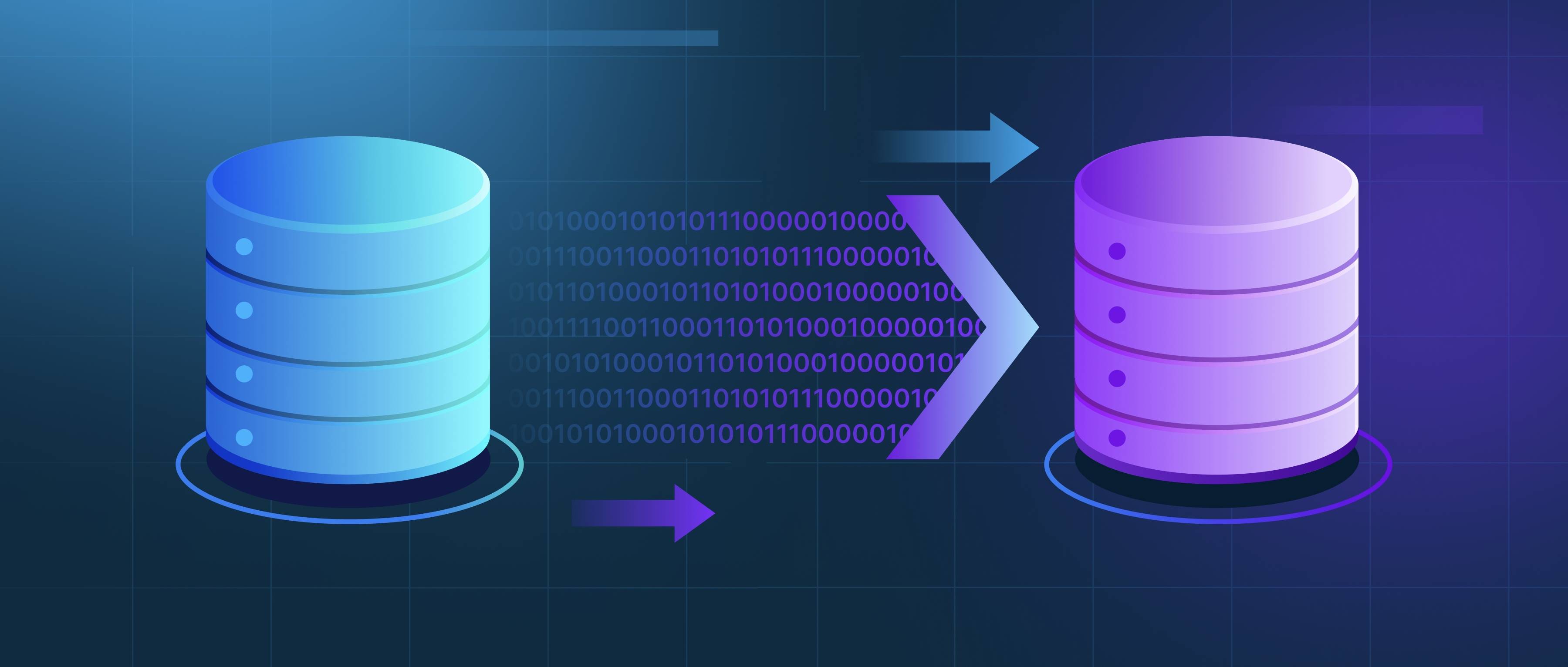Quantum programming languages are specialized tools that enable developers to write algorithms designed for quantum computing. Among the most well-known quantum programming languages are Qiskit, Cirq, and Quipper. Each of these languages has its unique features and caters to different aspects of quantum programming, making them suitable for various tasks in quantum computing.
Qiskit, developed by IBM, is one of the most popular quantum programming frameworks. It is built on Python and integrates seamlessly with IBM's quantum hardware through the IBM Quantum Experience platform. Qiskit allows developers to create quantum circuits, simulate quantum operations, and execute their algorithms on real quantum processors. Its modular design means users can work at different levels of abstraction, from high-level quantum algorithms to low-level circuits. Qiskit also has extensive documentation and a strong community, making it an attractive choice for beginners and experienced developers alike.
Cirq, on the other hand, is developed by Google and focuses on developing quantum algorithms that can run on near-term quantum computers. Like Qiskit, Cirq is Python-based but emphasizes a more hands-on approach to building and manipulating quantum circuits. It is specifically designed to work with Google's quantum processors, allowing developers to explore and optimize algorithms for the current capabilities of noisy intermediate-scale quantum (NISQ) devices. Quipper is another notable mention; it is a functional programming language that allows for high-level quantum programming. Quipper excels in expressing complex quantum algorithms compactly and is particularly useful for research and development purposes where performance and scalability are paramount. Each of these languages caters to particular needs in the quantum programming landscape, making them invaluable tools for developers in this field.
